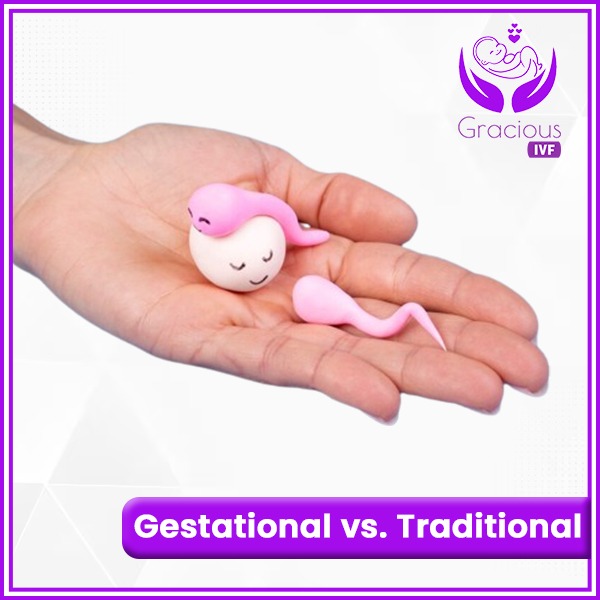Gestational Surrogacy: A Modern Approach to Parenthood
Gestational surrogacy has become a widely embraced method for couples struggling with infertility or those in same-sex relationships. In this type of surrogacy, the surrogate, or gestational carrier, is not genetically related to the child she carries. Instead, the intended parents provide the egg and sperm, which are fertilized in vitro, creating an embryo that is then implanted in the surrogate’s uterus.
This method allows for a genetic connection between one or both of the intended parents and the child. It has gained popularity due to its ability to address various fertility issues, including female infertility, same-sex couples, and instances where carrying a pregnancy to term may pose a health risk for the intended mother.
Traditional Surrogacy: A Historical Perspective
In contrast, traditional surrogacy involves the surrogate not only carrying the child but also contributing her own egg, making her genetically related to the baby. This method was more prevalent in the early days of surrogacy but has become less common due to the potential emotional and legal complexities it introduces.
Traditional surrogacy is typically a more straightforward process, as it does not involve the use of assisted reproductive technologies like in vitro fertilization. However, the genetic connection between the surrogate and the child can lead to more intricate legal and emotional considerations, as the surrogate may develop a deeper emotional attachment to the baby.

Legal Considerations for Both Types
Understanding the legal aspects of surrogacy is crucial for ensuring a smooth process. In gestational surrogacy, the lack of a genetic connection between the surrogate and the child simplifies legal matters, often making the process more straightforward. However, the laws surrounding surrogacy vary widely, and consulting with legal experts is essential to navigate potential challenges.
Traditional surrogacy, with its genetic link between the surrogate and the child, can introduce additional legal complexities. Clear and comprehensive legal agreements are essential to establish the intentions and rights of all parties involved, minimizing the risk of disputes down the line.
Choosing the Right Path for You
The decision between gestational and traditional surrogacy depends on various factors, including the medical circumstances of the intended parents, their preferences, and the legal landscape in their location. Consulting with a reputable surrogacy center, such as the best surrogacy center in Delhi, can provide invaluable guidance and support throughout the process, helping prospective parents make informed decisions on their path to parenthood.


